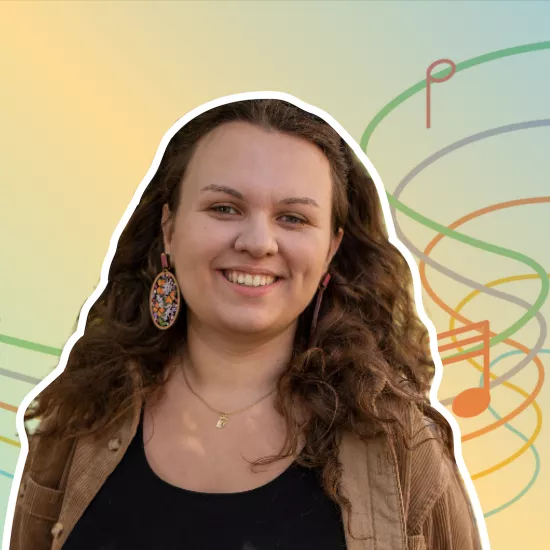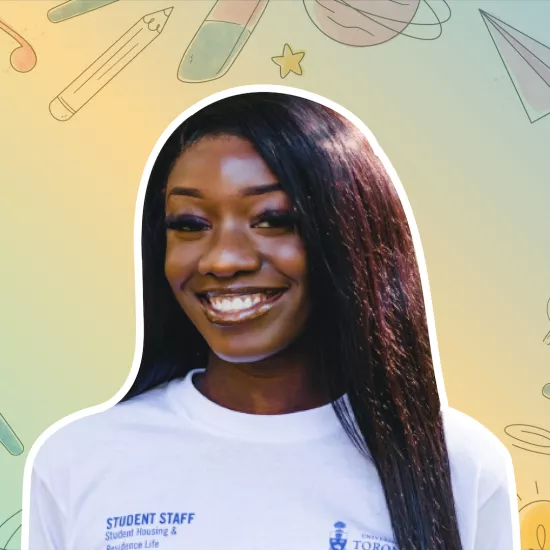On the Road with Heeji

Hi, my name is Heeji. I am a UTM Biology Specialist student going into my 3rd year this September, 2023. Did you know that you can be a Summer Research Intern at universities abroad? This blog is about what my summer of 2023 looked like as a research intern at Seoul University. I’ll also share some advice for you if you would also like to get some extracurricular activities (especially regarding lab internship) under your belt.
What my typical day looks like
My typical day during the week looks like this:
I wake up at around 7:15 in the morning and have breakfast (I’m not a big breakfast person so just some light cereal). To get to Seoul National University, where my lab is located, I take a bus and then a subway which takes about 75 minutes. By the time I get to the lab, it’s about 9:10am.
I always start my day with a to-do list of things I have to get done for today. Being on top of all these tasks without writing them down is almost impossible for me to do, so I find it easy and timesaving if I make and follow a to-do list.
This was what my to-do list looked like for today:
-
Ensure that the sanger sequence I sent yesterday has the sequence of interest
-
Conduct an nTaq PCR
-
Run an agarose gel
-
Develop an image for the gel
-
Do a miniprep
-
Reorganize stock solutions in the fridge and fill out micropipette tip boxes
If you’d like to learn more about these lab techniques, I highly recommend BIO206: Introductory to Cell and Molecular Biology.
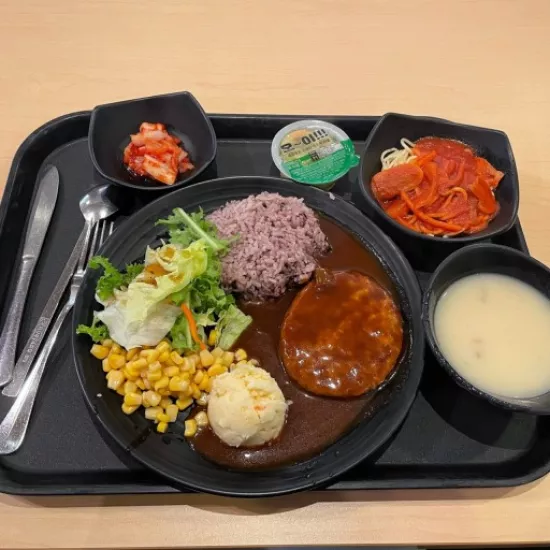
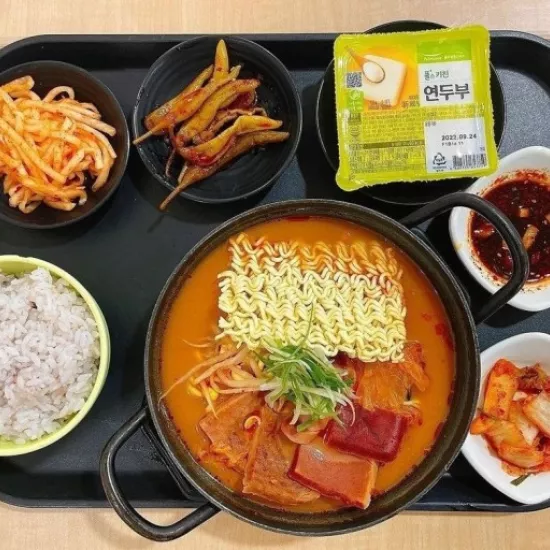
After a few hours of working, it’s lunchtime! I try to have my lunch consistently at around noon or 1pm. Lunch for students on campus in Korea is similar to how we have our cafeteria set up at UTM but quite different in some manners. Similar to Davis' cafeteria with multiple dining options, the University in Korea also has restaurants and brunch cafés throughout the campus. What is different is that most Korean Universities have 학식 (pronounced as /haksik/). The idea of a 학식 is that the university will sell nutritious meals (different everyday/meal) at a low cost for students who cannot afford to buy pricey meals.
If I were to go out and have a salad at a brunch café on campus, that would cost me about 15,000 won (about $15 Canadian) but 학식 would only be 5,000 won (about $5)! Because of the price difference, there is a HUGE line-up right during lunchtime. Super cool, right?
In the afternoon, I either continue with the experiments or attend our lab’s weekly meeting. During the lab meeting, we mostly discuss the progress and results from the experiments and sometimes do journal briefings. Time flies by and at around 5pm, I check out and walk down to the subway station to go back home. In the evening, I have dinner and try to have some time with my family and my dog, Mark Lee (photos below!). If I have time, I study/review protocols that I will be using for the research (for example, western blotting).
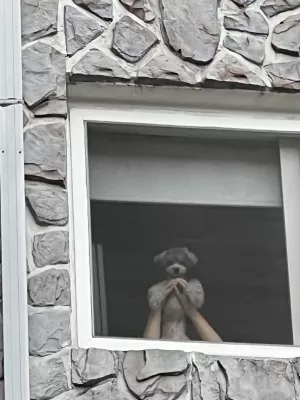
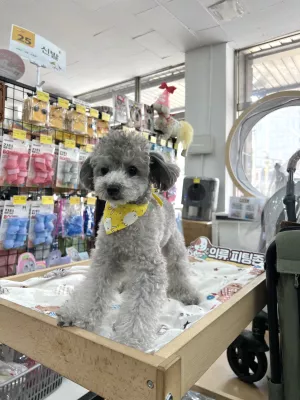
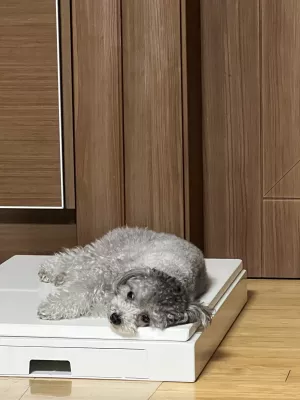
Say hello to Mark (full name: Mark Lee)! He doesn’t like going for a walk when it is hot outside so we either go for a walk with him in the early morning or evening. Mark likes to believe that he is also a human so he is not a big fan of playing with other dogs.
How I got involved in a Summer Research Internship
Interested in working in a lab as a Research Assistant? You might be wondering how I got involved in a Summer Research Internship opportunity. Let me break it down into steps:
Step 1: Do some research!
When I was applying for a research internship position for the summer, I knew I was going to be abroad in Korea for most of the summer, so I started to look for universities in Seoul, Korea. The struggle with this was that I didn’t know any professors or labs in Korea! To overcome this, I visited the life sciences – our professor's webpage for each university and found lab webpages. From the gigantic list of labs that were listed, I chose the top 10 most interesting-looking labs with the topic that I was curious about.
If you are starting your research career for the first time, it is important to not limit your applications to your labs of interest. If you have a big pool of labs to apply to, you might as well apply to labs with research topics that you are interested in and would like to learn more about.
My little trick for learning the lab’s main research topic is to go to lab web pages and go to their ‘research section’. Many labs have a research section where they briefly outline their ongoing research. I find the summary written in this section more understandable than the actual paper (but remember! The summary provided by the lab won’t always give you a good idea of their research. It is always best to at least give it a try to read and understand their research articles, even though it may be a little challenging)
Step 2: Talk to graduate students or students in research!
Before reaching out and applying for research positions, you might want to check if research is the right thing for you. Most Teaching Assistants are graduate students who are currently conducting research or who have had experience in research, so if you want to ask anyone for lab experiences, they are the ones to ask!
Since everybody has different experiences and has been in different labs with different colleagues, projects, and Principal Investigator (PI – the head professor at your lab 😊), some love their experience while others learn through their lab experience that maybe lab work isn’t the right thing for them. For example, lab work requires a lot of repetition and as part of the work, you get to spend time on your own. If you are comfortable working on your own and taking risks to optimize a protocol, lab work could be the perfect thing for you. However, if you are a social person who prefers to work with people, working in a lab might not be the best for you.
Listening and learning about their experiences before applying/going into a lab is the most valuable thing since this allows you to get an idea of what you might be facing in a lab. So don’t hesitate to go talk to your TA regarding it (I assure you most of our TAs are the nicest people you will ever meet in university).
Step 3: Reach out!
Here comes the difficult part. If you have identified which lab you want to join/work in, you now have to email the Principal Investigator (PI) of the lab. I found this step to be the most stressful and time consuming. Here are some tips and tricks I used to smoothen the process.
- Get help from the UTM Career Centre.
- Visit the UTM Career Centre website, especially the resume and cover letter resources section on the website. For me, instead of having a cover letter and the actual email, I considered the actual email I am sending off as the cover letter.
- The Career Centre website is super helpful since it not only provides you with the toolkit and resources to help write a resume and cover letter but also provides you with multiple samples for you to get an idea before drafting one. On top of that, it provides you with samples written by students from specific disciplines of study, so you are not just looking at a resume/cover letter sample but a sample that was written by a student in the same field as you!
- Still need help? Attend/book a resume + cover letter workshops and critique to ask and get help completing the draft.
- Consider files and documents you want to attach to the email you are sending to the PI.
- If you have not previously met or communicated with the PI of the lab you are planning to apply to, I suggest including some documents that can represent and introduce you to the email. For example, some of the documents I have included in my emails to PIs were my resume and accomplishments at U of T.
- Try your best to show your enthusiasm in the email.
- This is the one essential thing you have to remember when reaching out to professors to join their lab as a research intern!
- One thing I felt working in a lab is that I know nothing 😊. Compared to graduate and doctoral students who can study on their own and conducting research on their own, undergraduates (aka me) are still being taught by Professors and TAs.
- Of course, having a good GPA wouldn’t work against your favor but it’s not everything. Even for my case, the professor who accepted me as an intern for this summer said to me that she usually doesn’t take 1st and 2nd-year students because the level of knowledge students have at this point is not sufficient for her research. However, she loved the enthusiasm I had for her work and research.
- With that being said, it is CRUCIAL to show that you are genuinely interested in their work and would be thrilled to join their research.
What do I do outside of my studies?
Don’t get me wrong, I don't just study all the time (that would be an absolute nightmare for me). Here are some other things I did during this summer that I really enjoyed outside of academics 😊
My family went on a vacation to go see the waves by the water in Korea. My mom and I were the only grown-ups in the hotel aqua/spa zone, but it was totally worth it!
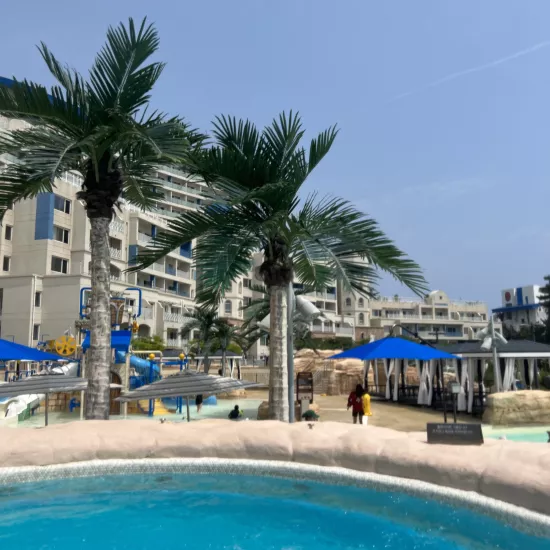
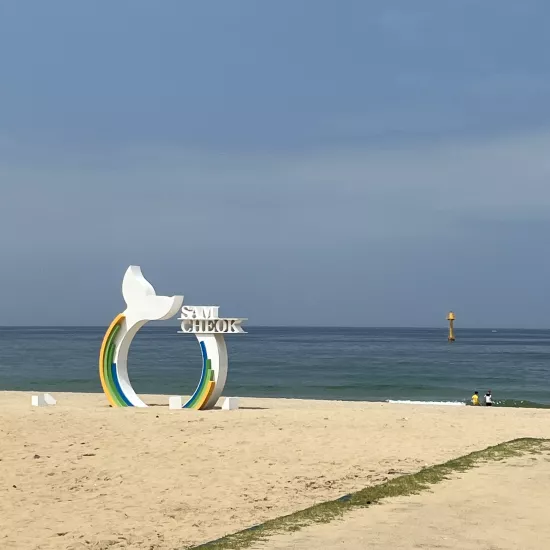
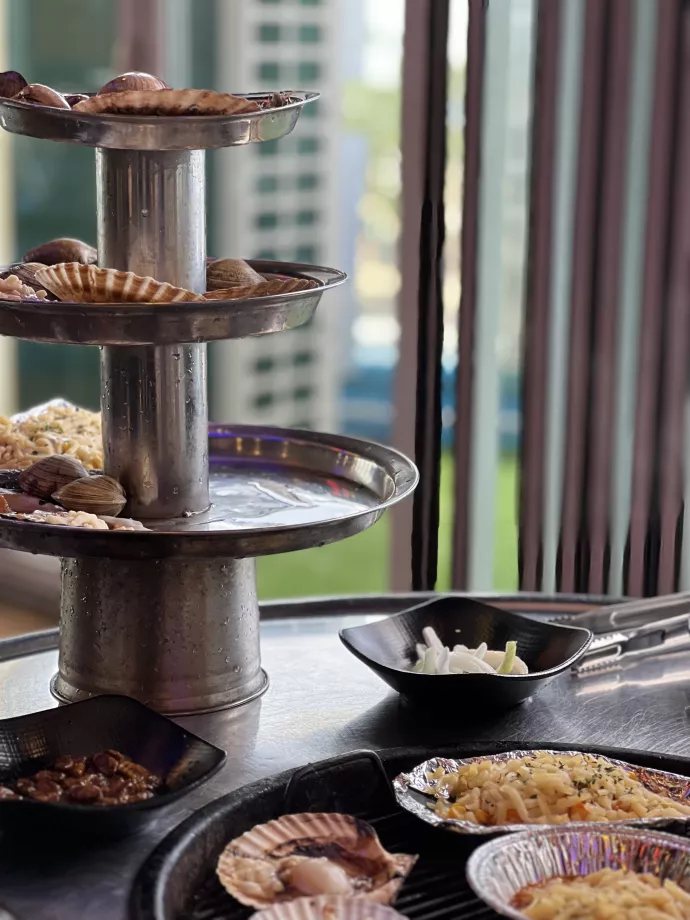
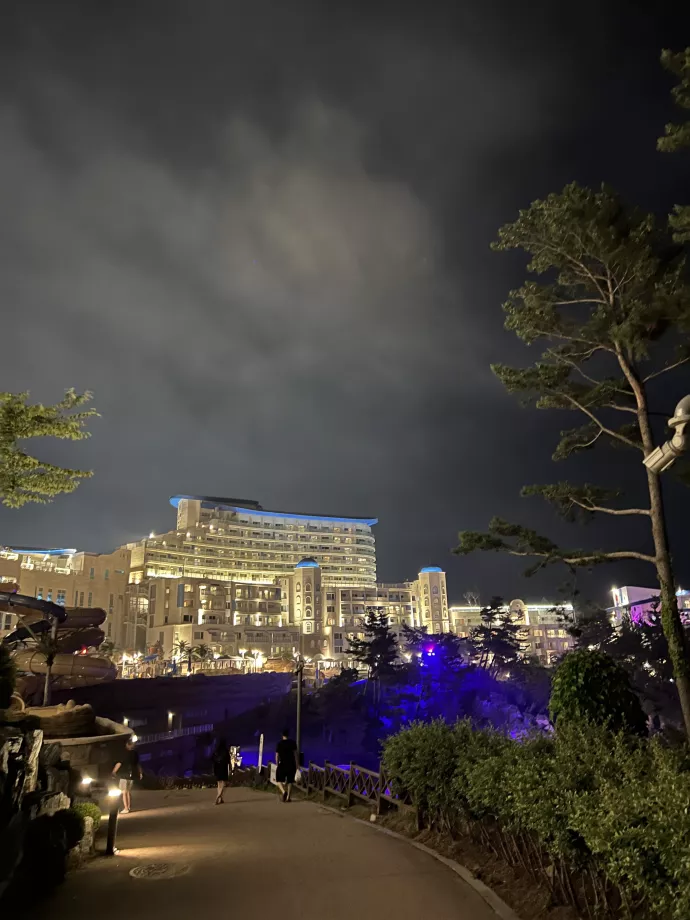
At the National Museum of Korea
This is one of the places I ALWAYS visit when I am in Korea. It has thousands of treasures and historical pieces from the paleolithic to the modern era.
One of my favourite pieces from here is a room inside the museum where it has a large drawing on each wall about the protectors of the North, South, East, and West (사방신 /sabang-shin/)
This museum itself is one of the biggest museum in Korea to an extent that we have 10 level high tower inside the museum!
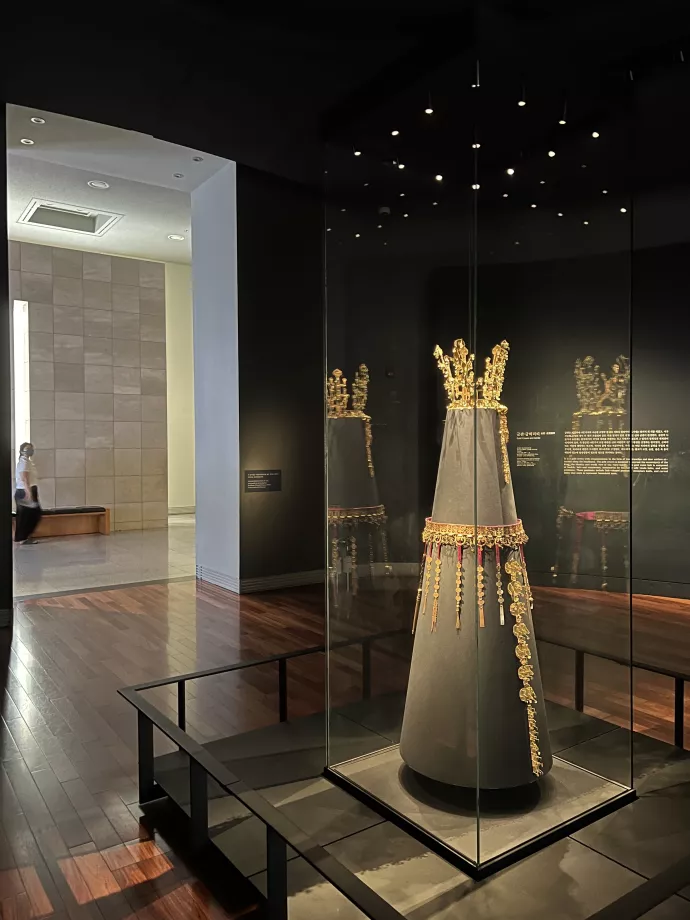
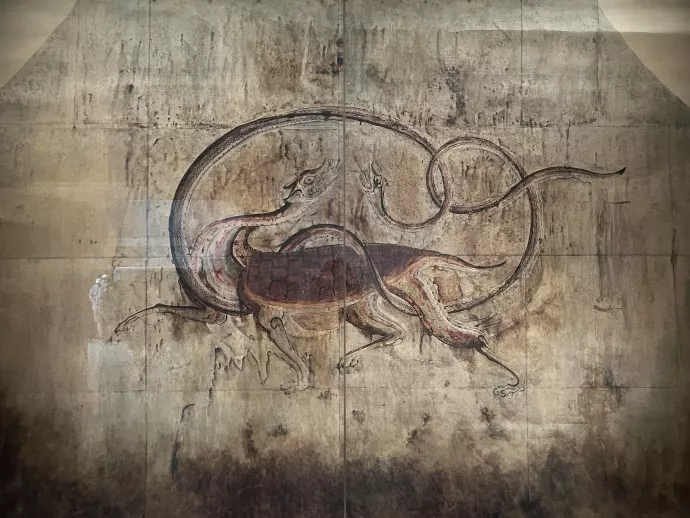
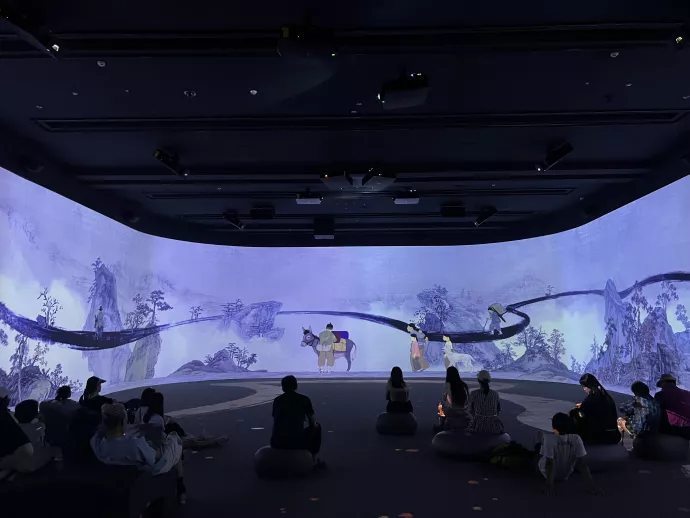
Can’t miss out on shopping! If you are into cute things, you will ABSOLUTELY love it here in Seoul 😊
Also, if you are in luck, you might also run into big events within the shopping mall like show cases for newly released albums and movies!
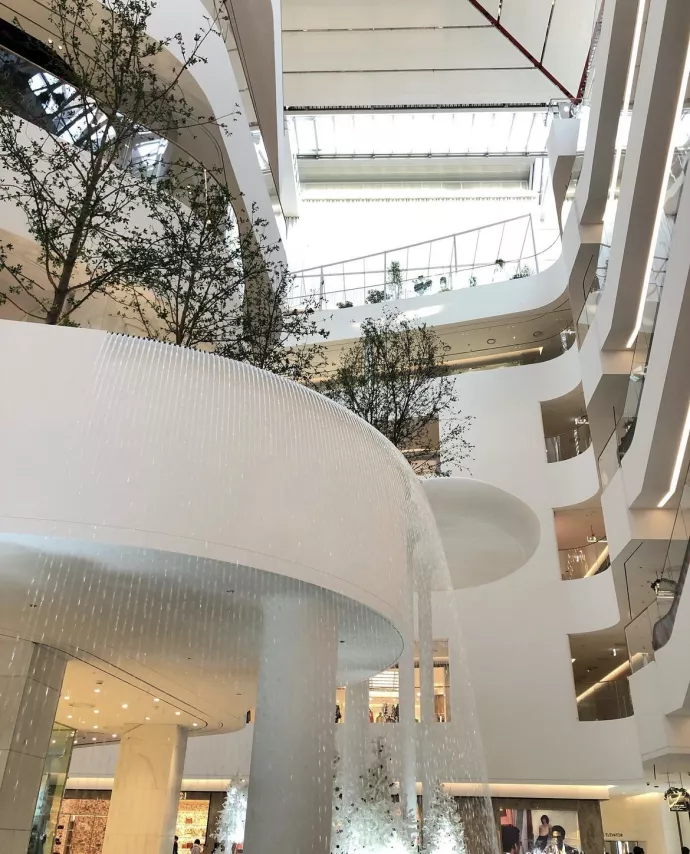
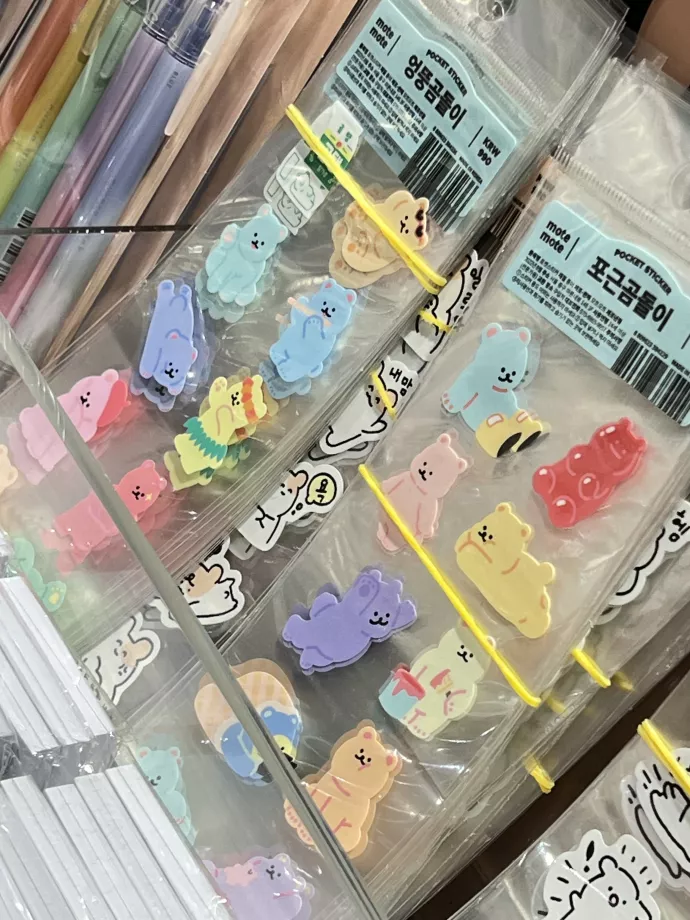
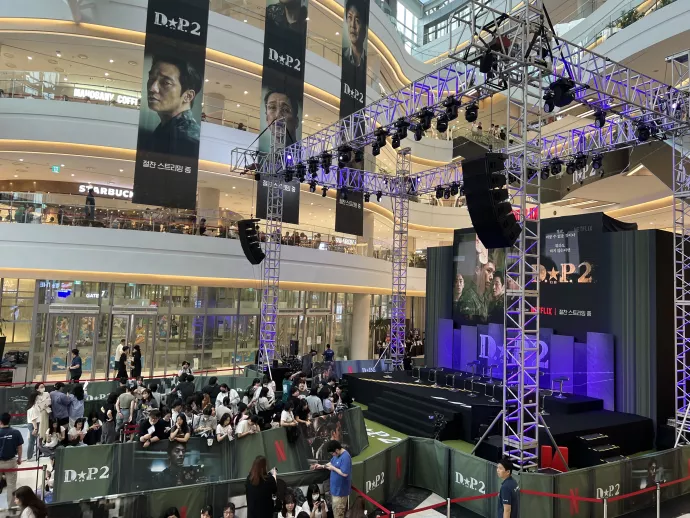
For this 2023-2024 academic year, my friend and I had the pleasure of being elected as the co-presidents for the UTM NextGen Lifeline.
To prepare for upcoming academic year, we meet on Zoom on a regular basis to discuss our future plans and events to hold for the club.
To be fair, half the time, we are just talking about how our lives are going 😊
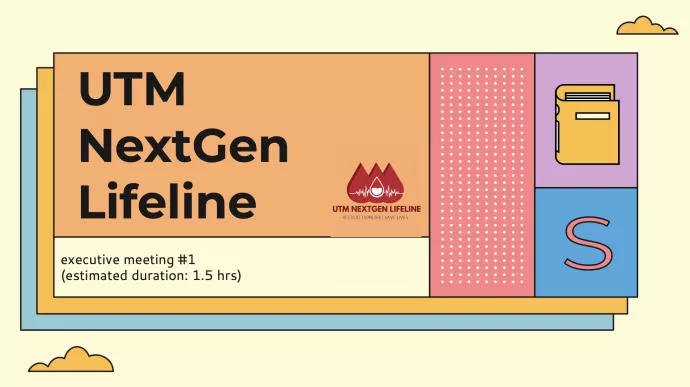
Concluding Advice
As I conclude this blog, if there is one thing, I would like you to take away is to have an open mind when exploring new opportunities, experiences, and the often setback. Throughout my post, I shared my personal journey of connecting with PIs (that I have never met before!). Reaching out to someone unfamiliar can be quite challenging, but I believe the essence of university life is to embrace challenges and navigate their outcomes.
But remember, facing rejection through this process can be normal. In my case, before receiving the acceptance email for this summer’s lab intern position, I reached out to about 10 different professors via email and got no other response than the professors who I worked under this summer. Having emails unanswered wasn’t fun at all, however, those 10 emails still were valuable learning experiences. They taught me how to craft an effective cover letter and resume, as well as how to navigate various lab websites to discover their main research goals/objectives.
University life is all about rolling with new experiences, the occasional curveball, and of course, accomplishments! So, keep an open mind, dive into those opportunities, and don’t sweat the rejections too much as they are part of the journey.
Go break some eggs, everyone!


